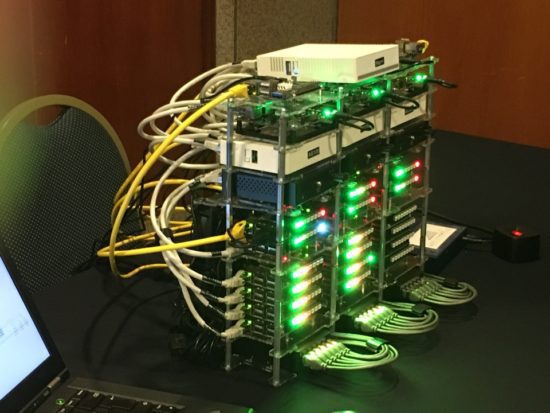It has been reported that the FBI, CISA and U.S. Treasury Department have issued a joint cybersecurity advisory warning all businesses in cryptocurrency to watch out for attacks from North Korean state-sponsored hackers. The full advisory can be viewed here. Within the advisory there’s also warning of how Lazarus attacks start by targeting employees of these firms, most often those in developer or DevOps roles.
About the Author
-
ISBuzz Team embodies the collaborative efforts of the dedicated staff at Information Security Buzz, converging a wide range of skills and viewpoints to present a unified, engaging voice in the information security realm. This entity isn't tied to a single individual; instead, it's a dynamic embodiment of a team diligently working behind the scenes to keep you updated and secure. When you read a post from ISBuzz Team, you're receiving the most relevant and actionable insights, curated and crafted by professionals tuned in to the pulse of the cybersecurity world. ISBuzz Team - your reliable compass in the fast-evolving landscape of information security



